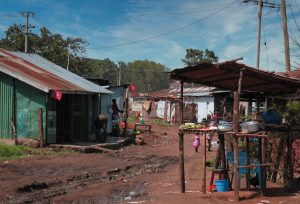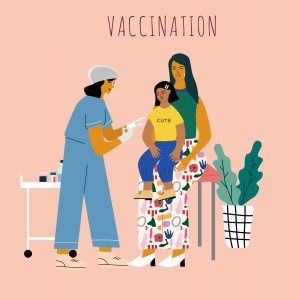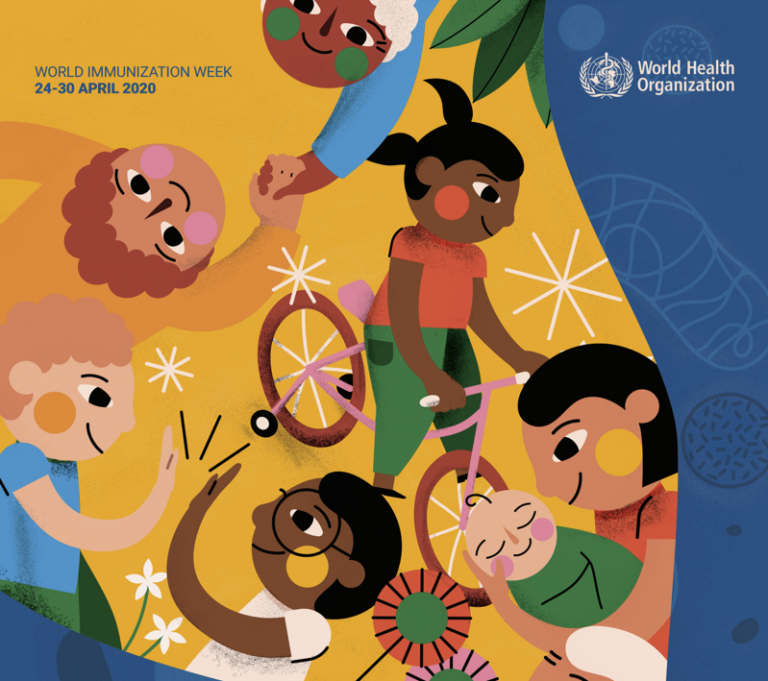Routine Health Care Disrupted Globally by COVID-19
Crisis Affects Availability of Vaccines and Life-Saving Treatments
By: Allison Kozicharow; Edited by Jessie Crowdy
It’s World Immunization Week. Yet, the World Health Organization (WHO) reports that even before COVID-19 emerged, millions of people — particularly children — across the globe were left unprotected against preventable diseases. Today, the turmoil stirred by the coronavirus pandemic is creating a health crisis more catastrophic than COVID-19 itself.
Immunization is widely recognized as one of the world’s most successful and cost-effective health interventions to protect people from disease. WiRED International promotes immunization in many of the hundreds of free training modules found in our Health Learning Center, and especially in our Mother and Child Health Series.
Before COVID-19, health agencies and healthcare professionals already faced challenges to immunize populations in low-resource regions, such as how to:
- Increase the availability of vaccine sites and of the vaccines themselves
- Demonstrate the value of vaccines and routine immunization
- Bring vaccines to market affordably and reliably
- Combat distrust of vaccines and medicine in general
- Deliver vaccines to areas where doctors are in short supply, numbering only about three per 100,000 people
The spread of COVID-19 has added considerably to the burden of disease in disadvantaged communities where poor health is already a tragic fact of daily life. According to a recent article in The Lancet, COVID-19 is impacting global health care in many ways, leading to:
- Breaks in health supply chains as health agencies are already stretched to the limit
- Interruptions to travel and commerce with the closure of borders and lockdowns
- Suspension of vaccination campaigns
- Halts to treatment services for diseases such as malaria, pneumonia and diarrhea
- Parents not taking children to clinics, due to social distancing recommendations

A partner in Kisumu, Kenya, who uses WiRED training programs, highlighted in a recent letter the effect of current social distancing rules which have caused the closure of local clinics. This will have a serious impact on many people who will not survive without drug treatment, including those living with HIV.
Fear of COVID-19 is affecting immunizations in developed countries as well. This week the New York Times reported a serious decrease in vaccine rates in the United States as parents cancel well-child checkups, putting millions of children at risk for preventable diseases such as measles and whooping cough. COVID-19 is affecting and changing our lives — especially in communities who struggle to obtain good health care even under ordinary circumstances.
The World Immunization Week 2020 Campaign
 World Immunization Week’s theme this year is “Vaccines Work for All,” and the campaign will focus on how vaccines —and the people who develop, deliver and receive them — work together to protect the health of everyone, everywhere.
World Immunization Week’s theme this year is “Vaccines Work for All,” and the campaign will focus on how vaccines —and the people who develop, deliver and receive them — work together to protect the health of everyone, everywhere.
The main goal of the campaign is to urge greater engagement around immunization globally and the importance of vaccination in improving health and wellbeing throughout life. As part of the 2020 campaign, WHO and partners aim to:
- Demonstrate the value of vaccines for the health of children, communities and the world.
- Show how routine immunization is the foundation for strong, resilient health systems and universal health coverage.
- Highlight the need to build on immunization progress while addressing gaps, including through increased investment in vaccines and immunization.
Given that WHO has designated 2020 the International Year of the Nurse and the Midwife, WHO will highlight nurses and midwives for their crucial role as early vaccine champions for new parents and parents-to-be.
Source: WHO




